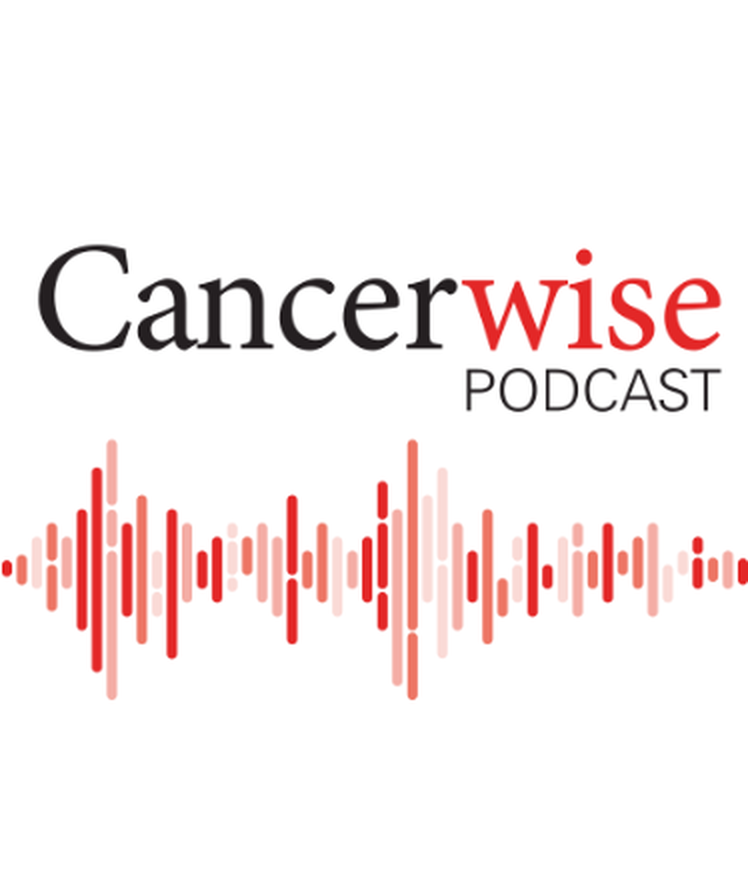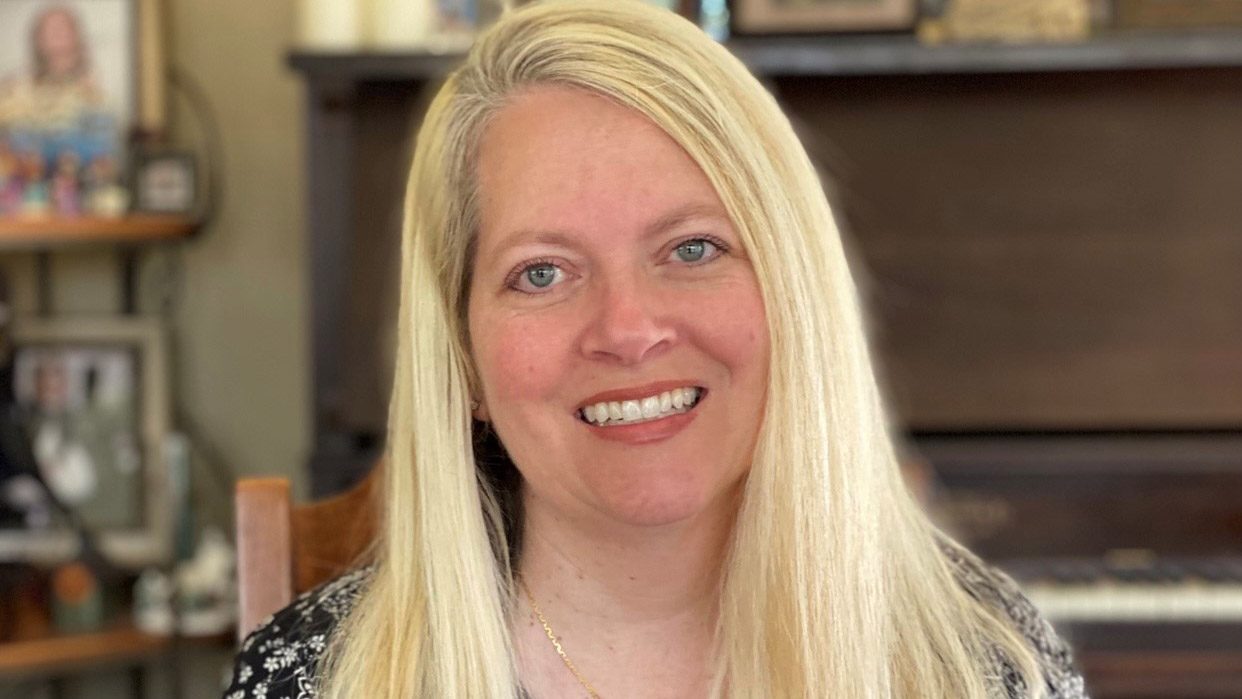YOCRC survivor: Get your symptoms checked
Young-Onset Colorectal Cancer Program
Colorectal cancer is on the rise among young people in the U.S. Nearly one in nine new colon cancer cases and one in five new rectal cancer cases occur in people under age 50. The Young-Onset Colorectal Cancer Program provides care and support tailored to these patients.
The program connects young-onset colon and rectal cancer patients with a team of physicians and other healthcare professions from one of the nation’s top-ranked cancer centers.
This team provides personalized care starting at diagnosis, continuing onto treatment and into survivorship. It includes the most advanced therapies along with services that help patients age 50 and under manage the impact of cancer on their lives.
Support for younger patients
A team of colorectal cancer specialists, including a surgeon, radiation oncologist and medical oncologist, work together to develop treatment plans for each patient. Prior to planning, patients undergo tests that determine the unique molecular profile of their disease. This information helps doctors choose the most effective treatments possible.
The program also offers a dedicated care coordinator who talks with patients about their values, preferences and concerns. The coordinator then connects patients to MD Anderson services that address these issues.
These services include:
- Genetic counseling and testing for patients and their family.
- A high-risk genetics clinic for patients and families that test positive for a hereditary cancer syndrome.
- An oncofertility program for men and women whose fertility may be affected by cancer and its treatments.
- Supportive care, which offers support in areas such as mental health, self-care, sexual health and parenting.
- A clinic dedicated to helping patients with their ostomy and wound care needs.
- Social work counseling, which can include help adjusting to a cancer diagnosis; talking to children about cancer; and addressing finances, employment and insurance issues.
- Opportunities to connect with other cancer patients through support groups, the Adolescent and Young Adult Program and myCancerConnection.
- Rehabilitation services, including physical therapy and pelvic floor therapy.
- Integrative medicine services, such as music therapy, nutrition counseling, oncology massage and yoga therapy.
Clinical trials and research
As a leading cancer center, MD Anderson develops new approaches that improve patient outcomes and quality of life. Patients in the program can impact the entire field of young-onset colorectal cancer by participating in clinical trials and research.
All patients with the program are invited to participate in the Young-onset Colorectal Cancer Health Outcomes Study (YOU-ROC). This study tracks patients throughout diagnosis, treatment and cancer survivorship. It focuses on:
- Cancer risk factors.
- Quality of life and patient-reported outcomes.
- Cancer monitoring and surveillance.
MD Anderson also offers a number of colon cancer and rectal cancer clinical trials. Patients may be offered the chance to participate in these studies. Research areas include:
- Treatment sequencing or decision-making based on molecular profiling.
- New technologies or tests to treat or detect cancer.
- New cancer drugs, including targeted therapies and immunotherapies.
2025 patient conference
In April 2025, the Young-Onset Colorectal Cancer (YOCRC) program hosted a conference for young colorectal cancer patients, survivors and caregivers from around Texas and across the nation.
View slides from the conference presentations:
Program Appointments
To request an appointment, new patients should visit MD Anderson’s Appointments page. Existing patients should ask a provider for a referral to the Young-Onset Colorectal Cancer Program.


Featured Podcast:
Colon cancer and young adults
Colon cancer is on the rise among young adults in the United States. What do you need to know about the disease, and who is it affecting?
Help #EndCancer
Give Now
Donate Blood
Our patients depend on blood and platelet donations.
Shop MD Anderson
Show your support for our mission through branded merchandise.



